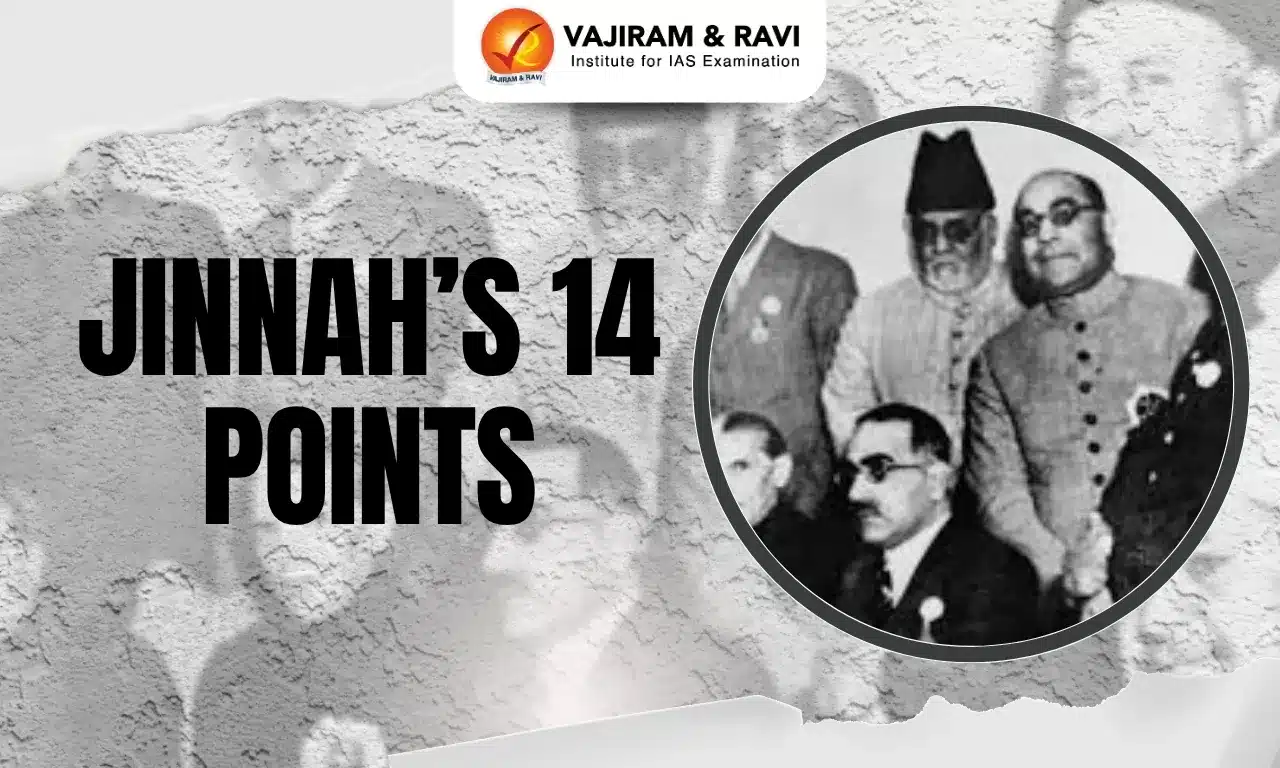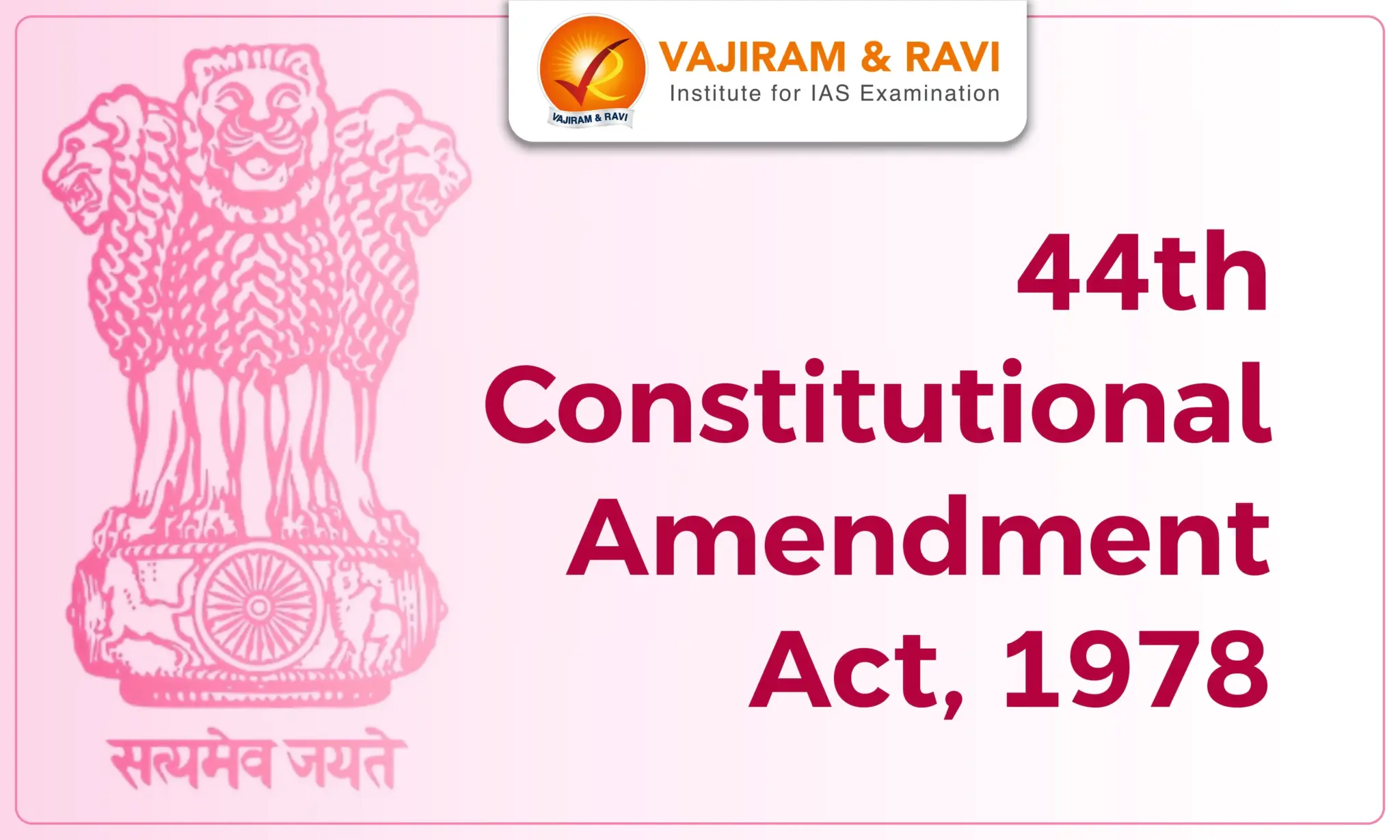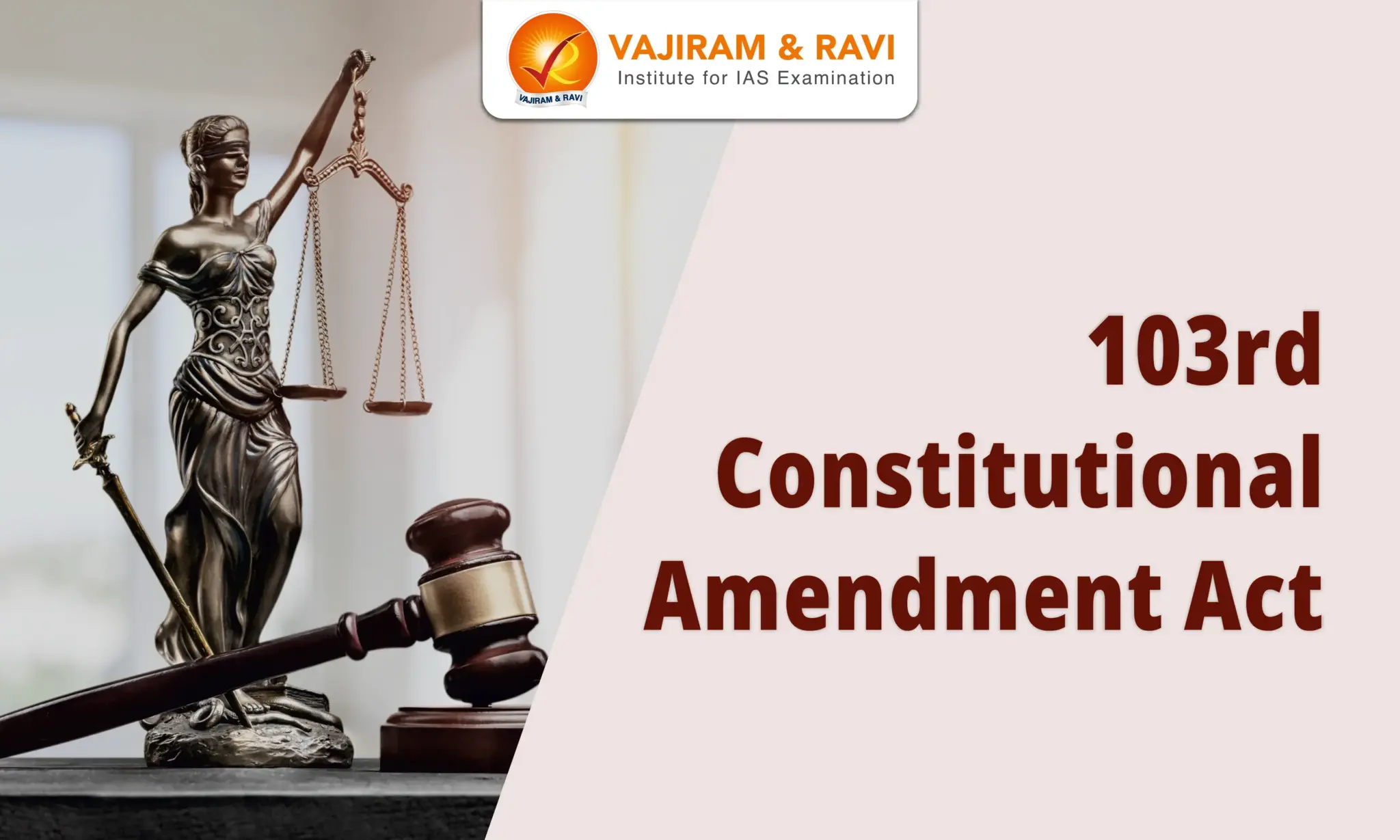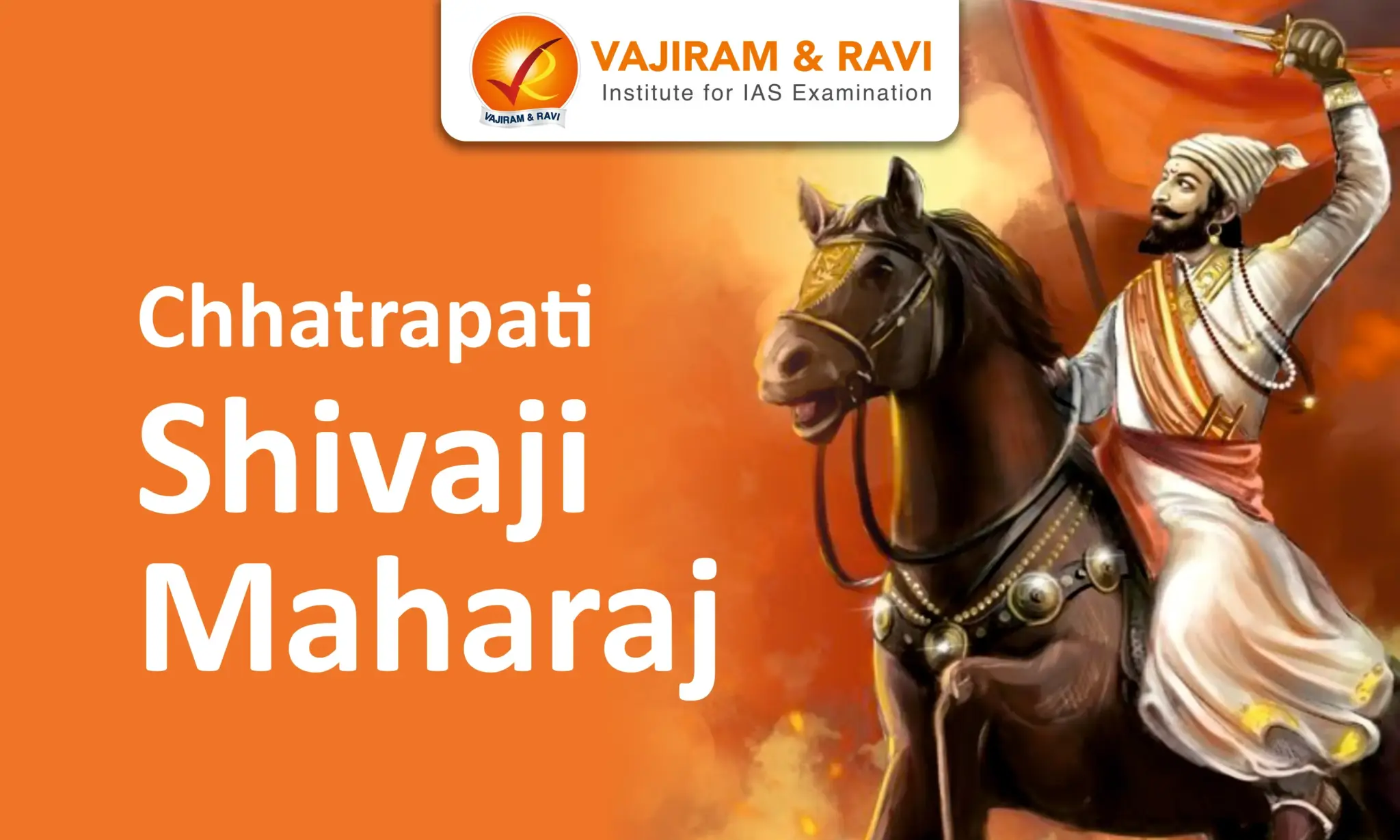Jinnah's 14 Points were a set of demands for constitutional reform and political rights for Muslims in India. They were proposed by Muhammad Ali Jinnah in response to the Nehru Report (1928). These demands included four Delhi proposals, three Calcutta amendments, separate electorates, and reservation of seats for Muslims in government services and self-governing bodies.
Jinnah's primary goal was to protect Muslim interests. Jinnah’s 14 Points became the core demands of the Muslim League, significantly shaping political thought henceforth and eventually leading to the creation of Pakistan.
Jinnah’s 14 Points Background
In1928, an All Parties Conference was called in response to the Simon Commission, which was tasked with discussing parliamentary reforms in British India. A committee, headed by Motilal Nehru, prepared the "Nehru Report," which called for Dominion Status for India. The Report rejected separate electorates and the reservation of seats for Muslims in Bengal and Punjab.
- Criticism of Nehru Report: The Nehru Report was presented to the All India Muslim League on 9 March 1929, where it was criticized by Muslim leaders like Aga Khan and Muhammad Shafi, who saw it as detrimental to Muslim interests.
- In March 1929 Muhammad Ali Jinnah presided over the Muslim League session in Delhi. There, he outlined 14 key demands, known as Jinnah’s 14 Points, which became the manifesto of the Muslim League.
- Muhammad Ali Jinnah's Fourteen Points were presented in 1929 as a response to the Nehru Report, which rejected separate electorates for Muslims.
Jinnah’s 14 Points Demands
Jinnah rejoined the Shafi faction of the Muslim League and presented his 14 Points in March 1929, which outlined the political demands of the Muslim community. These points aimed to address issues related to representation and rights within a unified India. Ultimately, Jinnah's 14 Points became the foundation of the Muslim League's propaganda and significantly influenced its political strategy in the following years.
- Federal Constitution: Called for a federal system with residual powers allocated to the provinces.
- Provincial Autonomy: Emphasized the importance of autonomy for provinces.
- Constitutional Amendments: Required states' consent for any amendments by the central government.
- Muslim Representation in Provinces: Ensured adequate representation for Muslims in legislatures and elected bodies without undermining their majority status.
- Muslim Representation in Government: Demanded fair representation for Muslims in government services and self-governing bodies.
- Representation at the Centre: Called for one-third Muslim representation in the central legislature.
- Cabinet Representation: Required one-third Muslim representation in central and provincial cabinets.
- Separate Electorate: Advocated for the continuation of separate electorates.
- Protection of Minority Interests: Prohibited passing any bill opposed by three-fourths of a minority community.
- Territorial Redistribution: Asserted that territorial changes should not harm Muslim majorities in Punjab, Bengal, and NWFP.
- Separation of Sindh: Called for Sindh’s separation from Bombay.
- Constitutional Reforms: Sought reforms in NWFP and Balochistan.
- Religious Freedom: Guaranteed religious freedom for all communities.
- Protection of Muslim Rights: Emphasized safeguarding Muslim rights in religion, culture, education, and language.
Jinnah’s 14 Points Aftermath
The aftermath of Jinnah's 14 Points saw a clear delineation of the political landscape for Muslims in India. He aimed to protect their interests and articulated these concerns through his 14 Points, declaring it a "parting of ways" with the Indian National Congress for the future.
- Inspired by Jinnah's vision, League leaders encouraged him to revive the Muslim League and provide it with a clear direction.
- Consequently, Jinnah’s 14 Points formed the essential demands of the League, ultimately paving the way for the establishment of Pakistan in 1947.
Last updated on February, 2026
→ UPSC Notification 2026 is now out on the official website at upsconline.nic.in.
→ UPSC IFoS Notification 2026 is now out on the official website at upsconline.nic.in.
→ UPSC Calendar 2026 has been released.
→ UPSC Final Result 2025 is expected to be released in the first week of March 2026.
→ Check out the latest UPSC Syllabus 2026 here.
→ Join Vajiram & Ravi’s Interview Guidance Programme for expert help to crack your final UPSC stage.
→ UPSC Mains Result 2025 is now out.
→ UPSC Prelims 2026 will be conducted on 24th May, 2026 & UPSC Mains 2026 will be conducted on 21st August 2026.
→ The UPSC Selection Process is of 3 stages-Prelims, Mains and Interview.
→ Prepare effectively with Vajiram & Ravi’s UPSC Prelims Test Series 2026 featuring full-length mock tests, detailed solutions, and performance analysis.
→ Enroll in Vajiram & Ravi’s UPSC Mains Test Series 2026 for structured answer writing practice, expert evaluation, and exam-oriented feedback.
→ Join Vajiram & Ravi’s Best UPSC Mentorship Program for personalized guidance, strategy planning, and one-to-one support from experienced mentors.
→ Check UPSC Marksheet 2024 Here.
→ UPSC Toppers List 2024 is released now. Shakti Dubey is UPSC AIR 1 2024 Topper.
→ Also check Best UPSC Coaching in India
Jinnah’s 14 Points FAQs
Q1. When did Jinnah announce the 14 Points?+
Q2. What is the importance of Jinnah’s 14 Points?+
Q3. What are Jinnah’s 14 Points?+
Q4. What type of constitution did Jinnah's 14 Points call for?+
Q5. What guarantee did Jinnah's 14 Points provide for religious freedom?+
Tags: jinnah’s 14 points quest
















